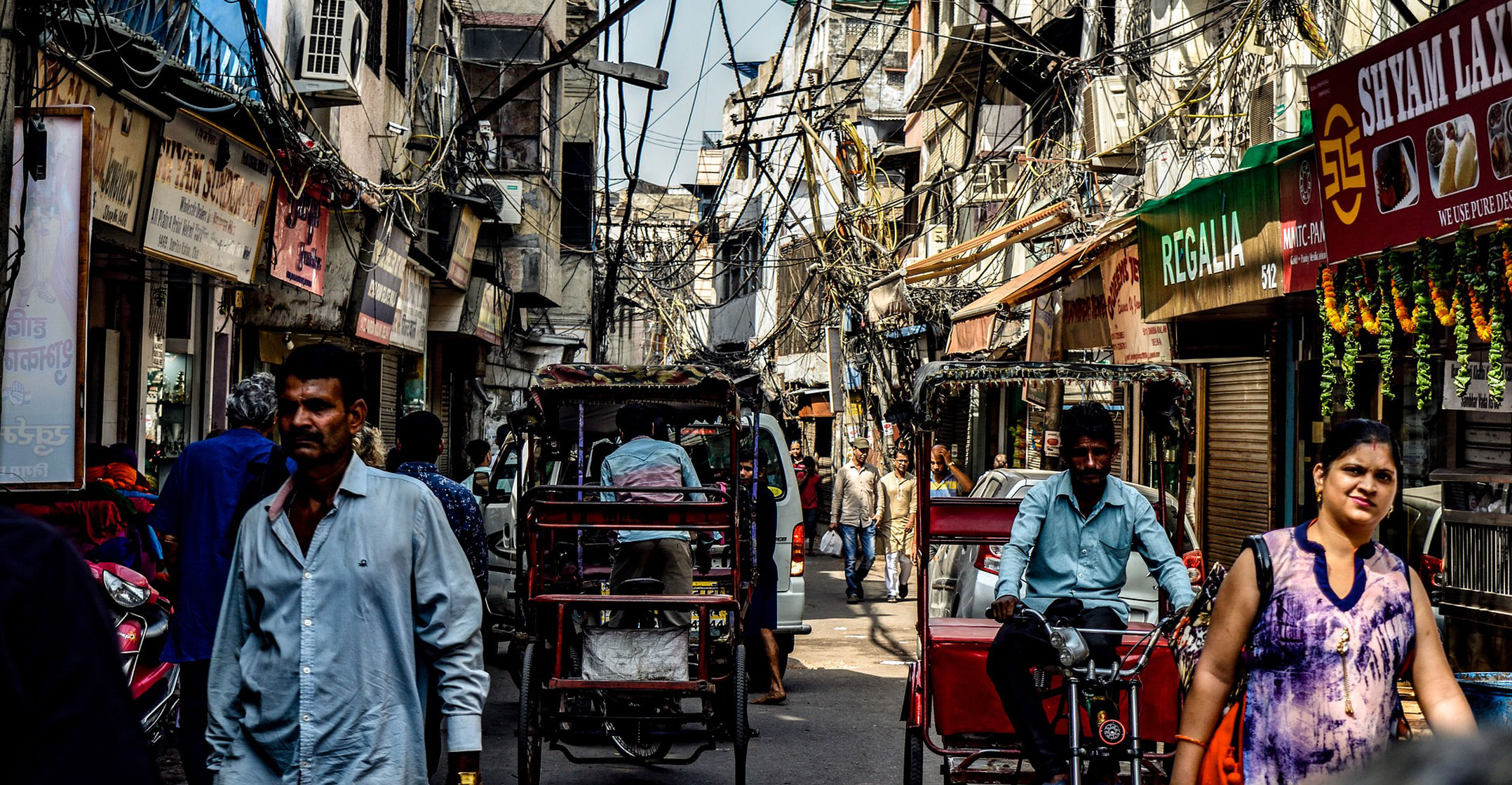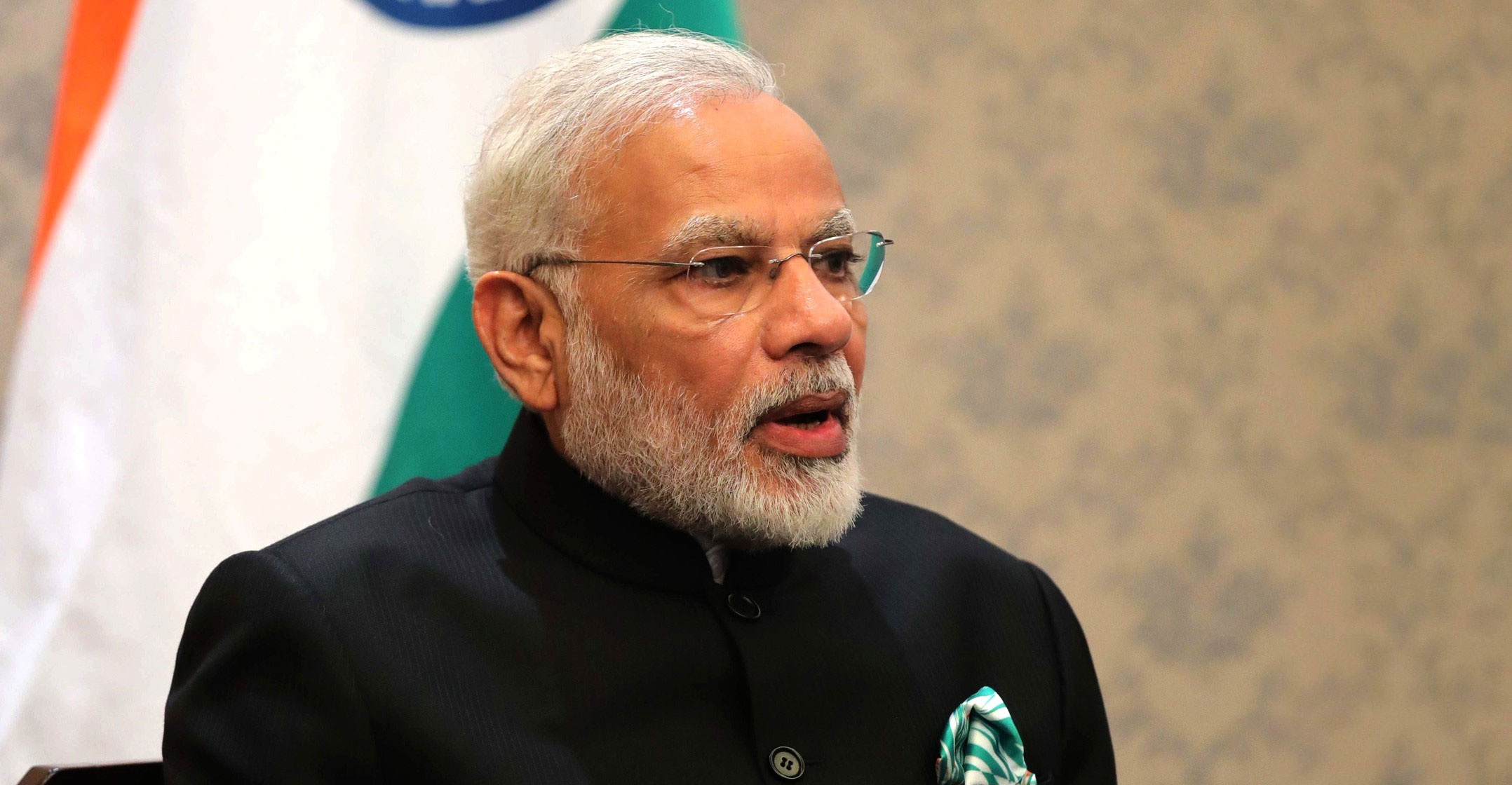 China over the past decade built an alternate online reality where Google and Facebook barely exist. Now its own largest tech corporations from Alibaba Group to Tencent are getting a taste of what a shutout feels like.
China over the past decade built an alternate online reality where Google and Facebook barely exist. Now its own largest tech corporations from Alibaba Group to Tencent are getting a taste of what a shutout feels like.
India’s unprecedented decision to ban 59 of China’s largest apps is a warning to the country’s tech giants, who for years thrived behind a government-imposed Great Firewall that kept out many of America’s best-known Internet names. If India finds a way to carry out that threat, it may present a model for other countries from Europe to Southeast Asia that seek to curtail the pervasiveness of apps like ByteDance’s TikTok while safeguarding their citizens’ enormously valuable data.
The surprise moratorium hit Chinese Internet companies just as they were beginning to make headway in the world’s fastest growing mobile arena, en route to going global and challenging American tech industry supremacy. TikTok had signed up 200 million users there, Xiaomi is the number-one smartphone brand, and Alibaba and Tencent have aggressively pushed their services.
But India’s policy jeopardises all those successes, and could have wider geopolitical consequences as the US seeks to rally countries to stop using Huawei Technologies for 5G networks. With China’s tech companies poised to become some of the most dominant in emerging industries like artificial intelligence, India’s actions may spur countries around the world to weigh the extent to which they let China gain user data — and potentially economic leverage in future disputes.
“Techno-nationalism will manifest itself increasingly across all aspects of geopolitics: national security, economic competitiveness, even social values,” said Alex Capri, a Singapore-based research fellow at the Hinrich Foundation. “It will be increasingly difficult to separate Chinese tech firms from the CCP and China’s geopolitical ambitions. They will find themselves increasingly locked out.”
Struggled
Chinese Internet firms have struggled to replicate their online services beyond their home turf, even before Washington lawmakers began raising concerns about the wisdom of allowing the Asian country’s corporations — like ByteDance — to hoover up valuable personal data. India amplified those concerns by accusing apps including TikTok, Tencent’s WeChat, Alibaba’s UC Web and Baidu’s map and translation services of threatening its sovereignty and security.
India’s prohibition provides further evidence that nations are using tech for to assert themselves geopolitically, following the Trump administration’s worldwide campaign to contain China and national champions like Huawei. That depends in part on how much Prime Minister Narendra Modi’s actions are motivated by domestic interests following the worst military clash between India and China in almost half a century.
“Beijing should certainly worry that the impact of the deadly clash could push India toward the US,” said Zhang Baohui, director of the Centre for Asian Pacific Studies at Lingnan University. “But these recent economic measures by India may not by themselves concern Beijing too much as it understands that Modi’s government, facing rising domestic nationalism, has to do something to soothe the public sentiments and retain legitimacy.”

It remains unclear how India will enforce its decision, given TikTok — for one — has already been downloaded by roughly one in six people. But it follows a series of steps to curb China’s presence in the country, demonstrating the administration’s hardened resolve since long-simmering tensions boiled over after a deadly Himalayan border clash that killed 20 Indian soldiers.
The country’s government procurement website has barred purchases of Chinese-made goods. Authorities have asked the largest e-commerce companies, including Amazon.com and Walmart’s Flipkart, to start showing “country of origin” on goods sold. And India is said to be dragging its heels on clearing goods imported from China, stranding electronics at ports.
“The Indian government thinks about governing the Internet in a very similar way to China, which is blanket bans, asserting national boundaries on the Internet and essentially carving out what would eventually become a version of the Indian Great Firewall,” said Dev Lewis, a research fellow at Digital Asia Hub in Shanghai. “Everyone’s struggling to deal with governing technology companies and apps, especially ones that cross borders. So when India takes a step like this, it sets a precedent for the things that you can do.”
In terms of the immediate business consequences, ByteDance could be hardest hit. India is its biggest market with more than 200 million TikTok users. During a brief ban last year, the Chinese company estimated it was missing out on half a million dollars a day of revenue. In a statement posted to Twitter, TikTok India head Nikhil Gandhi said the company complies with all data privacy and security requirements under Indian law and has not shared any user information with any foreign government, including Beijing.
India’s prohibition could also give American companies a possible edge over Chinese players in a rare global tech market that is both populous and not yet saturated. While WeChat never made it big in India, banning it may help shore up Facebook’s WhatsApp. Cutting out TikTok immediately gives YouTube a boost.
‘Strongly concerned’
On Tuesday, ministry of foreign affairs spokesman Zhao Lijian said China was “strongly concerned” about India’s actions. “The Indian government has a responsibility to uphold the legitimate and legal rights of the international investors including Chinese ones,” he said.
But for now, China doesn’t have many great options to retaliate.
“While Beijing is highly adept at economic coercion, in this case it has somewhat limited options to act in a reciprocal manner,” analysts for the Eurasia Group wrote in a research note. “Bilateral trade is heavily weighted toward Chinese exports to India. Attempts to hurt India economically could blow back on Chinese companies.” — (c) 2020 Bloomberg LP

